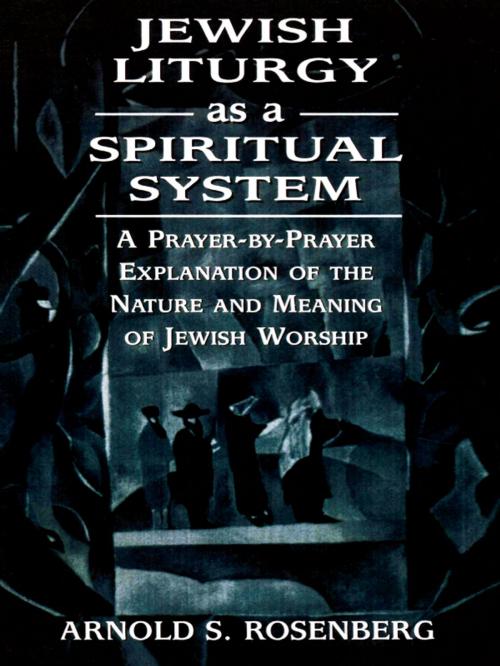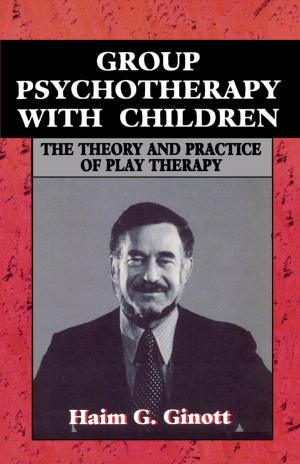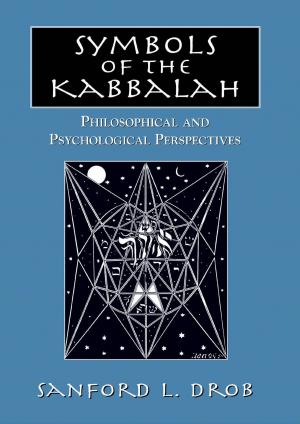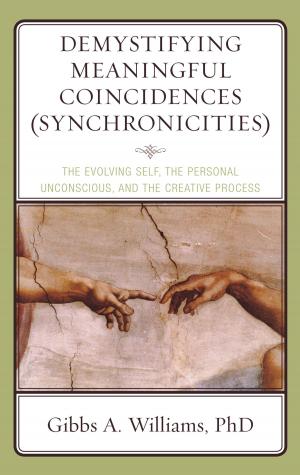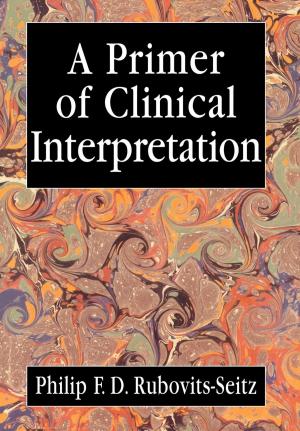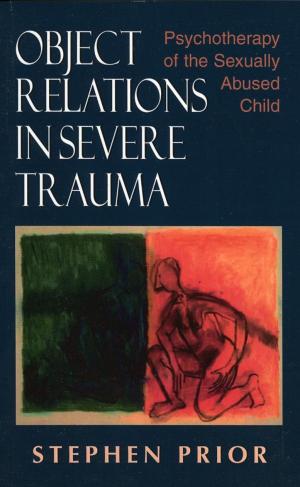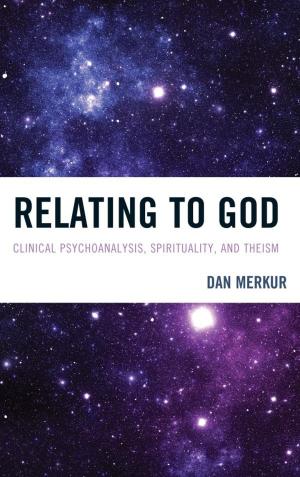Jewish Liturgy as a Spiritual System
A Prayer-by-Prayer Explanation of the Nature and Meaning of Jewish Worship
Nonfiction, Religion & Spirituality, Judaism| Author: | Arnold Rosenberg | ISBN: | 9781461629146 |
| Publisher: | Jason Aronson, Inc. | Publication: | June 30, 2000 |
| Imprint: | Jason Aronson, Inc. | Language: | English |
| Author: | Arnold Rosenberg |
| ISBN: | 9781461629146 |
| Publisher: | Jason Aronson, Inc. |
| Publication: | June 30, 2000 |
| Imprint: | Jason Aronson, Inc. |
| Language: | English |
Readers of this book will emerge with a new awareness of what we as Jews are doing when we pray, why we are doing it, how we are supposed to be affected by prayer, how the prayers came to be as they are today, and how they differ among the major movements of American Judaism.
The traditional Jewish liturgy, if properly understood, is a deep and powerful technique for spiritual transformation. However, spiritual depth of prayer has been progressively reduced over the past 2000 years as the underlying currents of the Siddur, the Jewish prayerbook, have been lost to the majority of worshippers. This book explains the Jewish liturgy prayer by prayer, according to what, in the context of ancient and medieval Judaism, was its raison d'‚tre: a structure for transforming one's mind and way of life.
The author writes: "The crisis Judaism now faces, while genuine, is due not to a lack of depth in the traditional Jewish prayer service, but to a profound and almost universal lack of understanding of that prayer service that pervades all segments of the Jewish community. Jewish prayer services in many contemporary synagogues lack spiritual fervor because the linkage between word and ritual, on the one hand, and mental transformation on the other, that would generate such fervor is not generally known to Jewish adults and is not taught to Jewish children. Unfortunately, the prayer service regularly degenerates into a race through words and gestures divorced from the sequence of mental states and visualizations through which these words and gestures were intended to lead us."
This book was written to reunite the activity and language of prayer with its original transformative goal, by educating worshippers about what is at the heart of the siddur. Several chapters provide an overview of the Jewish prayer service and its spiritual flow. These chapters explain the visualizations, allusions, and meditative techniques that form the heart of the service and the altered states of consciousness through which the service ca
Readers of this book will emerge with a new awareness of what we as Jews are doing when we pray, why we are doing it, how we are supposed to be affected by prayer, how the prayers came to be as they are today, and how they differ among the major movements of American Judaism.
The traditional Jewish liturgy, if properly understood, is a deep and powerful technique for spiritual transformation. However, spiritual depth of prayer has been progressively reduced over the past 2000 years as the underlying currents of the Siddur, the Jewish prayerbook, have been lost to the majority of worshippers. This book explains the Jewish liturgy prayer by prayer, according to what, in the context of ancient and medieval Judaism, was its raison d'‚tre: a structure for transforming one's mind and way of life.
The author writes: "The crisis Judaism now faces, while genuine, is due not to a lack of depth in the traditional Jewish prayer service, but to a profound and almost universal lack of understanding of that prayer service that pervades all segments of the Jewish community. Jewish prayer services in many contemporary synagogues lack spiritual fervor because the linkage between word and ritual, on the one hand, and mental transformation on the other, that would generate such fervor is not generally known to Jewish adults and is not taught to Jewish children. Unfortunately, the prayer service regularly degenerates into a race through words and gestures divorced from the sequence of mental states and visualizations through which these words and gestures were intended to lead us."
This book was written to reunite the activity and language of prayer with its original transformative goal, by educating worshippers about what is at the heart of the siddur. Several chapters provide an overview of the Jewish prayer service and its spiritual flow. These chapters explain the visualizations, allusions, and meditative techniques that form the heart of the service and the altered states of consciousness through which the service ca
